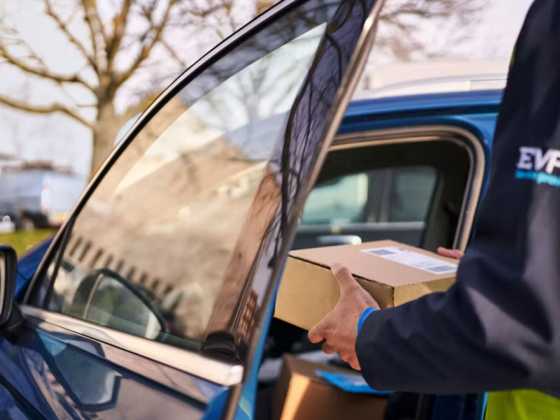Bristol clean air plan considered by Cabinet

New options to tackle Bristol’s poor air quality have been considered by Cabinet and will now move on to the next stage.
Bristol City Council is developing a Clean Air Action Plan which could tackle air pollution through a wide range of measures such as more investment in public transport and cycling, changes in traffic management, greater use of existing regulatory powers such as taxi licensing and ways to support and encourage a shift to cleaner vehicles.
Cabinet debated some of these measures including the creation of a Clean Air Zone to ensure the city is meeting legal limits for levels of nitrogen dioxide.
The options discussed take account of a legal decision in July 2017 when the government formally directed 27 cities, including Bristol, to take action on air pollution.
The council is working with a market research company to inform traffic models designed to see how effective a Clean Air Zone could be in changing drivers’ choices about the trips they make.
Marvin Rees, Mayor of Bristol, said: “There is no single solution to our air pollution problem in Bristol so we must look at this issue from many different angles.
“My Mayoral Air Quality Working Group is currently developing integrated plans across transport and public health and we’re looking at the most effective ways to tackle harmful pollution levels.
“We haven’t waited for the government directive to start thinking about ways to make the city a healthier place to live and work. Now we need to agree the right approach for Bristol, which fits with national policy and is fair for everyone travelling around our city and particularly does not have a detrimental impact on low income households”.
The options proposed include a Non-Charging Clean Air Zone with 17 complementary interventions and a Charging Clean Air Zone of four different variations.
Further assessments of the five options will now be undertaken and are estimated to achieve compliance in 2023.
The next stage of analysis will consider this in much more detail.
The Strategic Outline Case including these options will be submitted to government for their consideration.
Over the coming months the city council will be seeking the views of residents, businesses, transport operators and others to help inform the selection of a Preferred Option which will then be subject to formal public consultation prior to any decision on implementation.
The full Cabinet paper can be found on the council’s website here: https://democracy.bristol.gov.uk/documents/g2563/Public%20reports%20pac…



